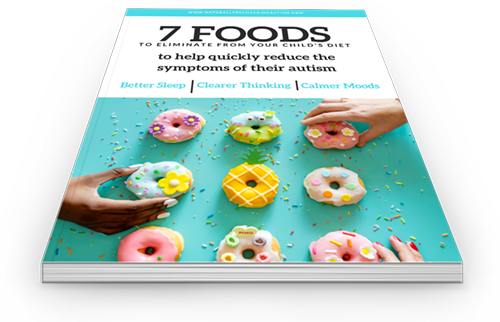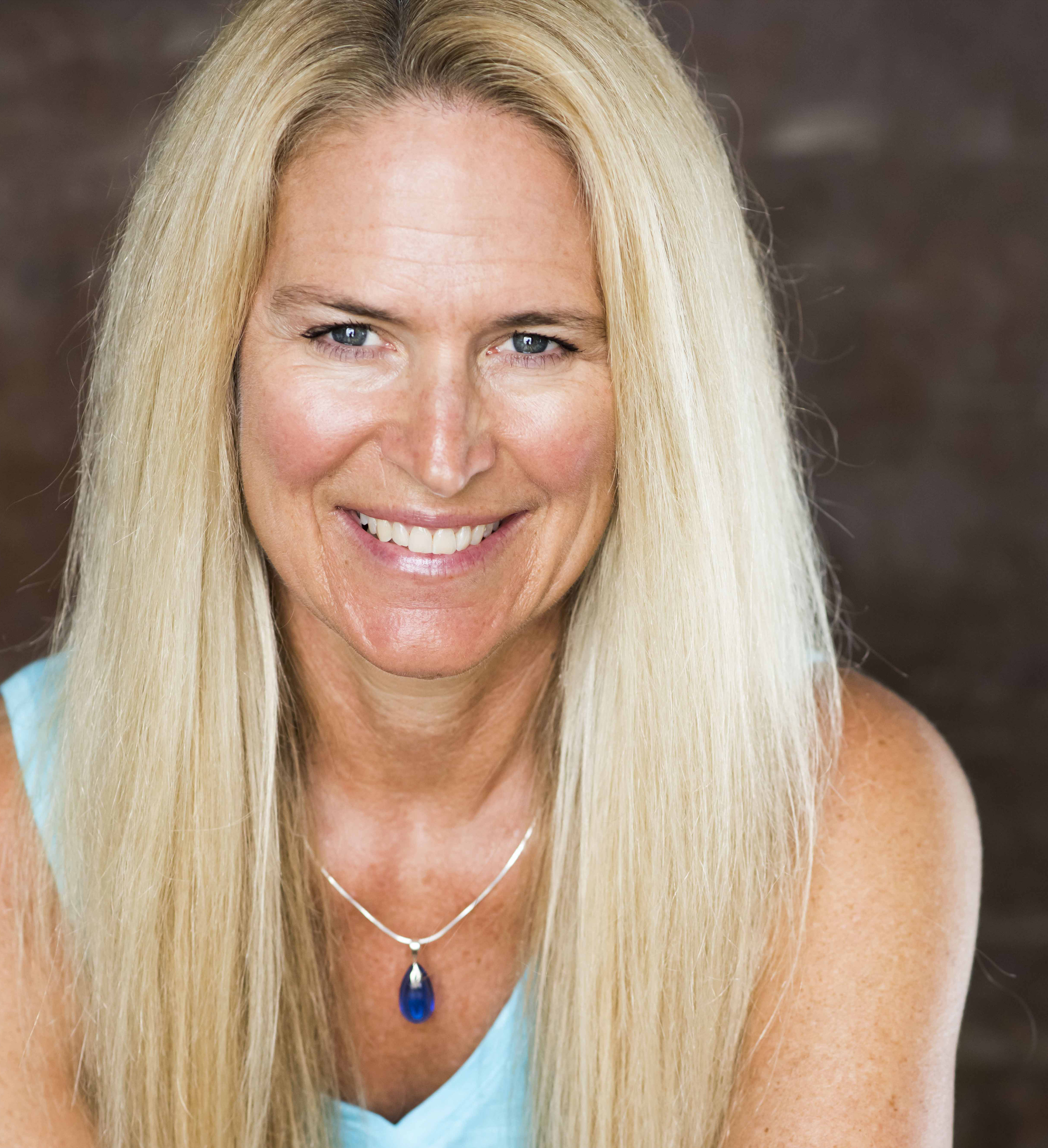Early childhood dental caries (ECC) are the most chronic infection now among children between ages two and five. The culprit is sugar. ECC’s are about much more than just baby teeth. “Caries” is another term for cavities, and they can be prevented if you know what to do. The teeth effect the health of every system in the body. Infectious diseases from this are preventable.
How do early childhood dental caries affect children?
Children with autism very commonly have problems with their teeth due to poor absorption of nutrition from an ill gut, inflammation, toxicity, and internal infections including Lyme, mold biotoxins, PANS/strep and staph(MARCoNS). Their body is in a state of chronic stress. This in turn elevates the stress hormone called cortisol. There is a chronic inflammatory response from body infections or from untreated dental caries. Get your free mold and Lyme resource guide here.
The behavioral impact on neural development continues on into adulthood if ECC’s are not properly treated. It’s now proven that adults with dental disease correlate to coronary heart disease. Microbes from periodontal disease are linked to inflammation in the brain and due to the brain’s response to the inflammation it creates various types of neural disruption and has been associated with Alzheimer’s.
What makes us susceptible and what can we do to prevent ECC’s?
If a parent has a history of bad teeth then the child is more susceptible. The gut also has an impact on the overall immune system and chronic infections. Staph infection in the nasal passageways, and other sinus infections drip bacteria into the moth causing decay so keeping the sinus’ clear and healthy is important. A xylitol spray can be even more helpful that a saline nasal spray.
Early childhood prevention of dental carries begins at birth. The first dental visit should be at six months of age, and no later than age one. Be sure to see a pediatric dental specialist. There’s no need to wait until your child’s first tooth erupts to begin oral hygiene. Any remaining food, including breastmilk, left in the mouth can begin bacterial overgrowth.
Wipe your child’s gums clean after each feeding of any kind. Never give a bottle to them at bedtime or to go to bed with. Know that milk and juices contain high amounts of sugar and can cause decay. It’s also important to supplement with adequate amounts of vitamin D3 for strong teeth and bones.
What symptoms do I look for?
A child with untreated ECC learns to think that tooth pain is normal. It may be why your child is a picky eater, or seems to be.
Signs that your child may have an ECC:
- Chewing may be painful, yet they don’t know how to tell you because they may not actually know something is wrong that can be fixed. They may prefer soft foods and have a hard time chewing.
- they have trouble sleeping
- malnourishment
- behavioral issues
- their mother is at risk for domestic abuse and violence
- there’s an increased risk of obesity and heart disease
- a potential for developing non-alcoholic fatty liver disease
- an increased risk of addictions including sugar, and alcohol
What do I do if my autistic child needs to go to the dentist?
It’s important to have a dentist and staff who are trained in working with children and with children who have autism, (see resources below). You can also get a trained pediatric anesthesiologist who can assist in a procedure in a hospital setting.
Support for the liver is important to assist in detoxification of any anesthesia, whether it’s a local (numbing of the area) or general (unconscious). Discuss options with your caregiver previously and be sure they are aware of your child’s current infections and any health issues.
After any type of anesthesia it is essential to assist with toxin binders and antioxidants. Activated charcoal is an excellent binder to help sop up the toxins. It can be purchased at any health food store or online and capsules can be opened up and mixed in with water. Liposomal vitamin C is also very important to help neutralize the negative effects of the anesthesia. Dosages may be increased for several days afterward.
Further resources for early childhood dental care:
How To Create A Positive Dental Experience For Your Child With Autism
Pediatric Dental Specialist, Dr. Leonard Smith
Please listen to my radio show interview with Dr. Leonard Smith, DDS. It’s radio show #72. Airs Tuesday, February 18th.
EDUCATION 
University of Alberta
1963-64 Pre-Dental program 1964-68 Dentistry Degree D.D.S.
Winnipeg Children’s Hospital
1968-70 Residency
Ohio State University
1971-72 Graduate Degree M.Sc. 1971-72 Postgraduate Program Certification: Pediatric Dentistry
American Board of Pediatric Dentistry
Diplomate 1977
Royal College of Dentists of Canada
Fellow 1997
APPOINTMENTS
Alberta Children’s Hospital
Holy Cross Hospital Calgary General Hospital Rockyview Hospital
Tom Baker Cancer Clinic Foothills Hospital Calgary Health Region
BC College of Dental Surgeons
University of Manitoba University of Calgary
Alberta Children’s Hospital
Dept of Pediatric Dentistry 1972-1994
Consultant Cleft Palate Clinic 1973-1990
Dept Director Dept of Pediatric Dentistry 1974-1986 Consultant Hemophilia Clinic 1980-2003
Active Staff – Dept of Surgery 1974-94 Active Staff – Dept of Surgery 1975-94 Consultant 1978-94
Consultant 1988-94
Consultant 1972-94
Active Staff – Division of Surgery, Dept of Pediatric Dentistry 1994-Current
Pediatric Dentistry, Chief Examiner – 1994, 1995, 1997, 1998, 2000
Assistant Professor Pediatric Dentistry 1970-71 Clinical Assistant Professor, Dept of Pediatrics
Faculty of Medicine 1975-Current
Associate Member of the Research Institute for Child and Maternal Health 2010 – present
CURRICULUM VITAE
DR. LEONARD B. SMITH
D.D.S., M.Sc., F.A.A.P., Dip.A.B.P., F.R.C.D.(C),
Married with two adult children,two grandchildren
PROFESSIONAL AFFILIATIONS
Alberta Society of Pediatric Dentistry
– Member 1972-Current
Canadian Academy of Pediatric Dentistry
– Member 1974-Current
Royal College of Dentists of Canada
- – Member 1982-Current
- – Fellow 1994American Academy of Pediatric Dentistry
- – Member 1974-Current,
- – Fellow 1978
- – Life 2011American Board of Pediatric Dentistry
- – Diplomate 1977
- – Life Diplomate 2011Academy of Dentistry for the Handicapped
- – Member 1974-99
- – President 1982-83Special Care Dentistry
– Member 1999-Current International College of Dentists
– Fellow 1995
International Association of Pediatric Dentistry
– Member
Alpha Omega Dental Fraternity
– Member
The Society for Healthy Mouth-Healthy Child (Alberta)
– Founder and President
Foundation for Healthy Mouth-Healthy Child (Phoenix, AZ)
– Founder and President PUBLICATIONS
- Canadian Dental Association Journal
- Family Health, Dental Editor
- Calgary’s Child Magazine, Contributing Editor
- Author of the book “MY Smile”
- Producer of the educational video “Brush Your Teeth”
- Author of Atlas of Early Childhood Caries (ECC)
- Contemporary Pediatrics jan01,2014 Dispel the myth,save the child
- Universal Journal of Public Health2(4):125-130,2014
- Its about More Than Just Baby Teeth:An Examination of Early Oral Care in Canada
COMMUNITY
President MY Products
Member, Board of Calgary Elbow P.C. Constituency
Co-Chair Chabad Lubavitch of Calgary
Past Chairman Calgary United Jewish Appeal
Past Chairman, Camp B’nai B’rith – Pine Lake, Alberta Past President Beth Israel Synagogue
Rotary International Integrity Award 2005










